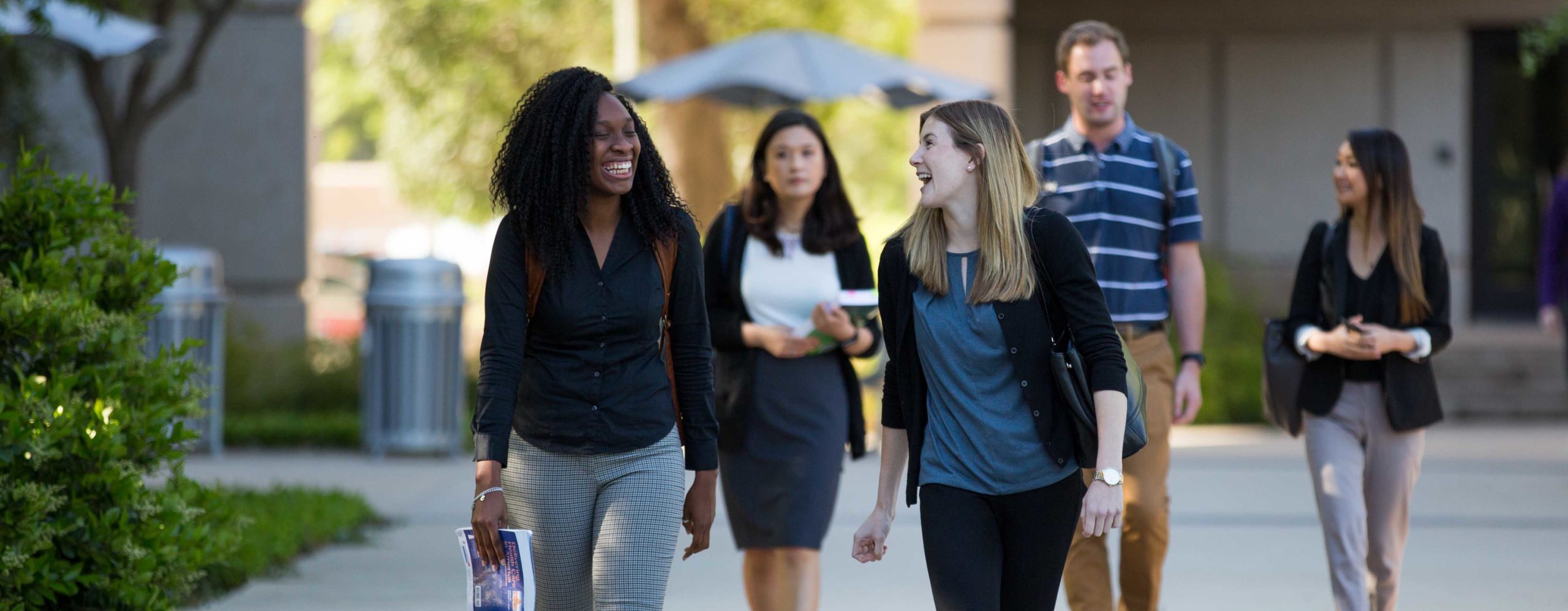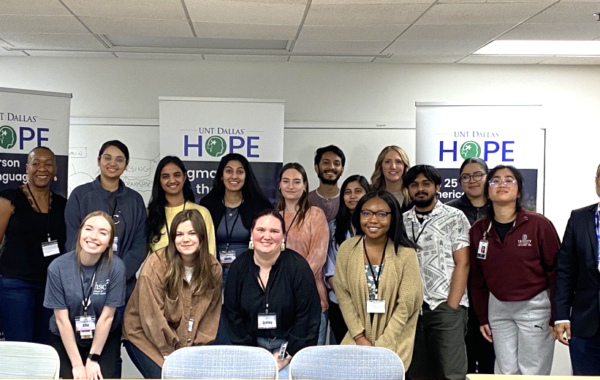Advancing World wide Health Through Public Health Colleges
Advancing World wide Health Through Public Health Colleges
Blog Article
Public Health Schools You Should Know About
Community wellness colleges perform a crucial role in shaping the continuing future of worldwide health by equipping a new technology of professionals with the knowledge and abilities to handle pressing health challenges. The ripple effect of their benefits is visible in the development of world wide healthcare techniques and the implementation of impactful alternatives in neighborhoods worldwide. public health colleges are advancing global health and fostering sustainable progress.

Providing Qualified Community Health Experts
Public wellness schools offer as sites for developing skilled specialists necessary in addressing worldwide wellness challenges. Through demanding academic programs, they make pupils to work in diverse functions such as for example epidemiologists, biostatisticians, health plan analysts, and world wide wellness advocates.
The curriculum usually stresses sensible knowledge, offering students options to participate in real-world wellness initiatives. This approach assures that graduates possess not merely theoretical information but also the hands-on knowledge needed to deal with crises such as infectious condition outbreaks, maternal and kid wellness disparities, and chronic condition management.
A written report indicates that people with sophisticated community wellness degrees donate to reducing baby mortality rates by 2-5% annually in low-income regions.
Driving Study and Development
Community health colleges are essential participants in developing health-focused study and innovation. They often perform studies on demanding considerations like disease avoidance, emotional health, environmental health threats, and vaccine development. That research offers valuable data that guides evidence-based policies and applications, immediately impacting worldwide wellness outcomes.
As an example, data-sharing initiatives manufactured at these institutions have helped recognize designs in illness sign, resulting in faster reactions to pandemics. Universities also collaborate with governments and NGOs to turn research results in to actionable, community-level wellness improvements.
Research outputs from public health institutions have paid down international malaria likelihood by 27% within the last decade, making better populations in malaria-prone regions.
Strengthening Global Wellness Programs
Collaboration is in the centre of public health. Programs in public areas health schools highlight the importance of interdisciplinary teamwork in handling healthcare disparities. Graduates frequently spouse with global businesses to improve health methods in underfunded regions. They aid in instruction healthcare workers, optimizing healthcare delivery, and utilizing AI- and data-driven solutions for better health planning.
These efforts improve the resilience and volume of fragile wellness techniques to endure future threats, developing a sustainable structure for increased world wide health.
Creating Partners for Change

Public wellness schools understand the ability of unions in tackling global wellness disparities. By forging contacts with global institutions, nonprofits, and neighborhood agencies, they foster mutually helpful relationships. These alliances help the combining of assets and the co-creation of programs to lessen inequality in healthcare accessibility worldwide.
The Way Forward
Community wellness schools stay essential in advancing international wellness through competent experts, cutting-edge study, and cross-sector partnerships. Their efforts continue steadily to chart a route toward another where equitable healthcare is no aspiration but a reality for all.
Report this page